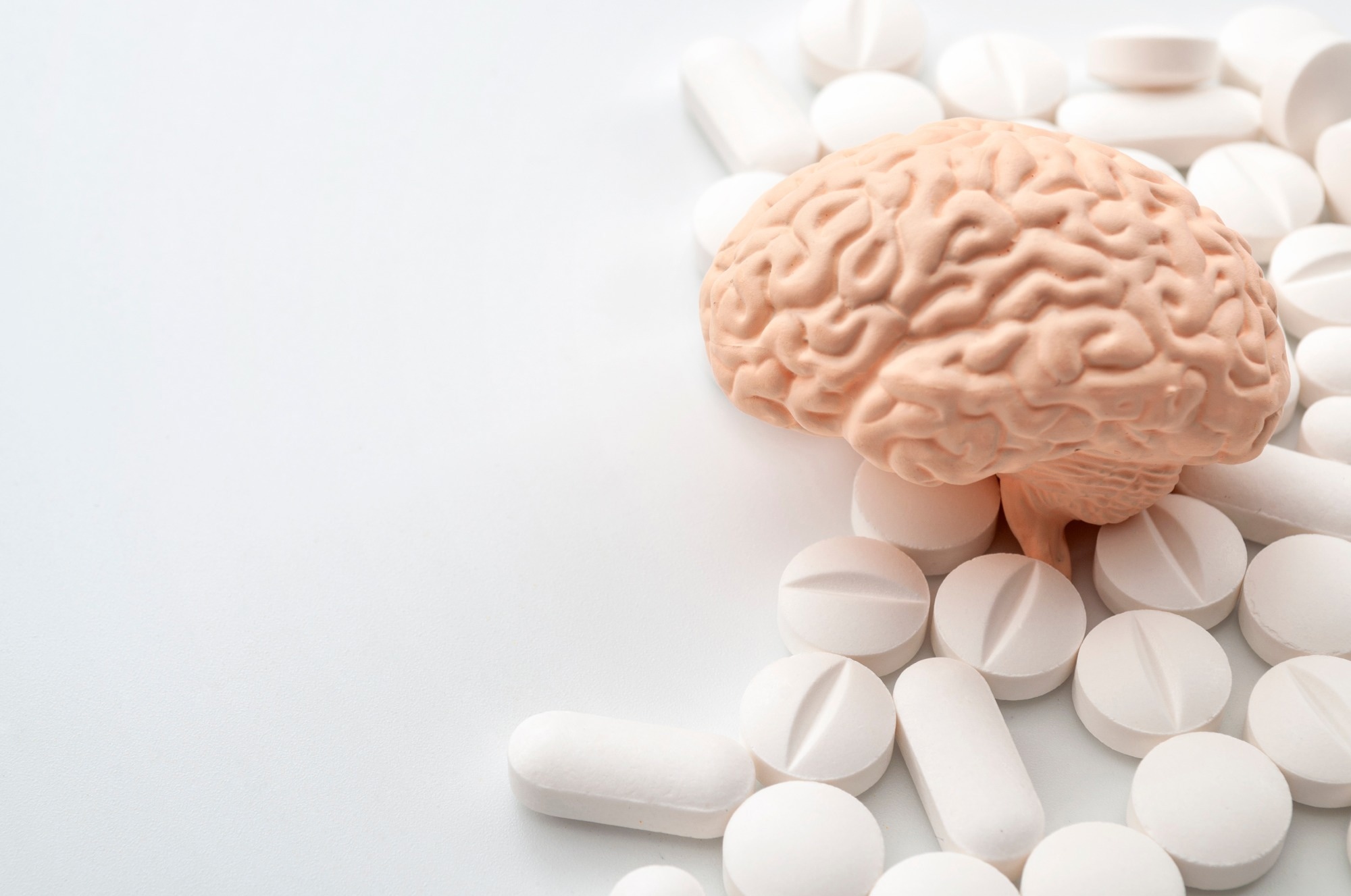Recently, there has been an increase in the use of stimulant prescription-only drugs by students and employees to increase their academic and other work productivity. Even though it has been perceived that these drugs enhance an individual’s cognitive functions, the available evidence is inconclusive. Typically, improvements in cognitive capacities have only been found in the clinical population instead of the general public. Interestingly, even in the clinical population, improvements in cognitive deficits were marginal. Therefore, there is a need to assess the effectiveness of these drugs in real-world conditions.
 Study: Not so smart? “Smart” drugs increase the level but decrease the quality of cognitive effort. Image Credit: Victor Moussa / Shutterstock
Study: Not so smart? “Smart” drugs increase the level but decrease the quality of cognitive effort. Image Credit: Victor Moussa / Shutterstock
Background
Many everyday tasks can fall under the mathematical class of “hard” problems. Typically, these problems belong to the complexity class of nondeterministic polynomial (NP) hard. These tasks require systematic approaches (algorithms) for optimal outcomes. In the case of significant complex problems (e.g., the number of ways to fix a product or the number of stops to be made on a delivery trip), more computations are required, which rapidly outgrows cognitive capacities.
A recent Science Advances study investigated the effectiveness of three popular smart drugs, namely, modafinil (MOD), methylphenidate (MPH), and dextroamphetamine (DEX), against the difficulty of real-life daily tasks, i.e., the 0-1 knapsack optimization problem (“knapsack task”). A knapsack task is basically a combinatorial optimization task, the class of NP-time challenging problems.
MPH and DEX are catecholaminergic agonists which are associated with the enhancement of dopaminergic activity in cortical and subcortical areas. They also exhibit norepinephrine activity. However, MPH is an inhibitor of the dopamine and norepinephrine transporter.
About the Study
A total of 40 healthy individuals were recruited for the double-blinded, placebo (PLC)-controlled single-dose trial. This cohort included seventeen males and twenty-three females between 18 and 35 years of age. All participants underwent semistructured interviews and examinations before enrolment. Those volunteers with a history of heart disease, under psychotropic medication, neurological (e.g., epilepsy) or psychiatric illness, and pregnancy were excluded from the cohort.
Participants were required to attend four testing sessions, and each session had a minimum of seven days intervals. At each session, participants received one of either 200mg of MOD, 30 mg of MPH, 15 mg of DEX, or PLC.
Here, participants were randomly assigned into four groups. Following a counterbalanced Latin square design, each group was provided with a different sequence of medications and PLC across sessions. During the knapsack task, each participant was presented with several items, which were associated with weight and value.
Participants were presented with eight unique instances of the knapsack task via a user interface. Some instances were less taxation to working memory and arithmetic, while others were purely numerical (more complex). Participants attempted each instance twice. A time limit of four minutes was allotted for each response. To analyze the compatibility of the study findings with prior experiments, participants were asked to complete four tasks from the CANTAB cognitive battery.
Study Findings
Even though drug treatment did not result in a significant drop in the chance of getting a solution to the knapsack problem instances, it positively caused a significant overall reduction in attained value. The time spent or the effort levels significantly improved on average in the participants under smart drugs. However, heterogeneity in the quality of effort linked to each drug was observed compared to PLC. Effort quality was described as the improvements in knapsack value per move.
Interestingly, if an individual under PLC exhibited a significant increase in knapsack value per move, the same person tended to be below average under smart drugs. Similarly, for an individual who performed below average under PLC, the quality of effort was above average under smart drugs. This reversal in effort quality could be because participants were found to be more erratic in their choices under smart drugs.
All tasks were computationally demanding, and responses required systemic thought. The tasks were designed in such a manner that random exploration was not effective. Good effort allocation is the key need for the knapsack task. Smart drugs enhance subjective reward, and in parallel, they reduce perceived effort. These drugs have a negative impact on efficacy.
All three smart drugs reduced the performance of participants in some of the CANTAB tasks included in this study. This study was unable to determine the individual drug effects in the knapsack task based on the CANTAB task values.
Conclusions
The current study provided insights into how smart drugs affect the day-to-day functioning of patients suffering from attention deficit hyperactivity disorder (ADHD). It was found that smart drugs only improved motivation to do work but not the quality of effort.